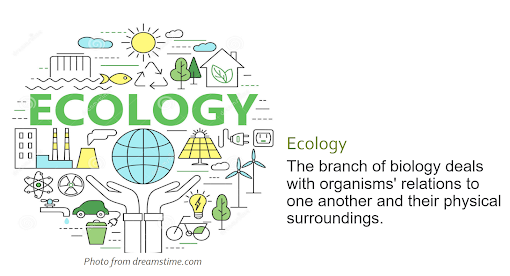Let's use it all now, let the kids figure out the rest...
So as young professionals in the sustainability
field (young being the key takeaway in full transparency), we are asked to
define wicked problems and explain why a new type of leadership, rather than
simply technical solutions are needed to solve the sustainable development
challenges of the Anthropocene. So first, you might be asking what the
Anthropocene is and why do I care. The Anthropocene is the proposed geological
timeline marked from notable human events to have an impact on the earth and it
is important because we may be seen as the biggest contributing factor to
climate change. I can only speak from my humble perspective as I am a current
sustainability student working my way through graduate school. Therefore, I
look to define wicked problems and outline why a new type of leadership is
required to address our current issues.
The definition of a wicked problem may seem easy enough if everyone was on the same page. The principles of what consists of a wicked problem are just as difficult to understand as having an actual issue without knowing the problem. Which is the reason I am writing this blog, is to inform the novice reader of sustainability on the importance of understanding wicked problems and the necessity of eliciting new leaders for tomorrow's problems. Hull, Roberston, and Mortimer (2020) go on to say that wicked problems have no borders, and no one has experience solving them (p.76). The issues continue to compound and spread across geographic, political, and social boundaries. The most disheartening concept to understand with a wicked problem is there is no win-win solution. So, from my perspective, I see a wicked problem as an issue with several stakeholders in different industries; a problem with conflicting causes and effects; highly obscured or no solution; and undefined or high risk on current resources. One of the most common examples of a sustainability wicked problem is climate change. One of the most highlighted issues with this problem is the long-term benefits versus our short-term interest. The high desire to develop with non-sustainable materials and use of natural resources with a plan to replace them supersedes the desire to create a functional world for our future generation.
So, what is it going to take to address the problem? Some would ask, why do anything if a wicked problem is nearly impossible or impossible to fix. Why waste resources to fix something now that will not change in the future? Well....to address the first question, it is going to take a new kind of leadership to focus on these types of wicked problems. Noticed I said, and the question asked, "new type of leadership," not necessarily new leadership. Although Hull, Roberston, and Mortimer (2020) believe previous leaders lack the ability to adapt because they are limited in their vision and imagination to address current wicked problems (p. 68). However, I believe that is a general over-characterization of hierarchical leaders. Some possess the ability to adapt and collaborate with organizations within different sectors. Where I do agree with Hull et al. is the leadership practices for wicked problems. The ability to connect with different stakeholders, collaborate across multiple sectors, and adapt to uncertainty enables leaders to address wicked problems. Simply put, I do not believe developing a technical solution will solve a wicked problem because it only addresses one aspect of the issue. Creating a zero-emissions car could be a cure to reducing CO2 emissions, but you still must deal with the current auto manufacturing market, supply chain management for gas cars, oil refineries, and all the workers in those sectors. Just making the car does not address the issue. It takes an adaptive, emotionally intelligent, and competent leader to bind these issues together and drive towards a solution. This is important because we must find ways to ensure our children have a future, earth full of prosperity, and resources to sustain generations beyond their own.


Comments
Post a Comment